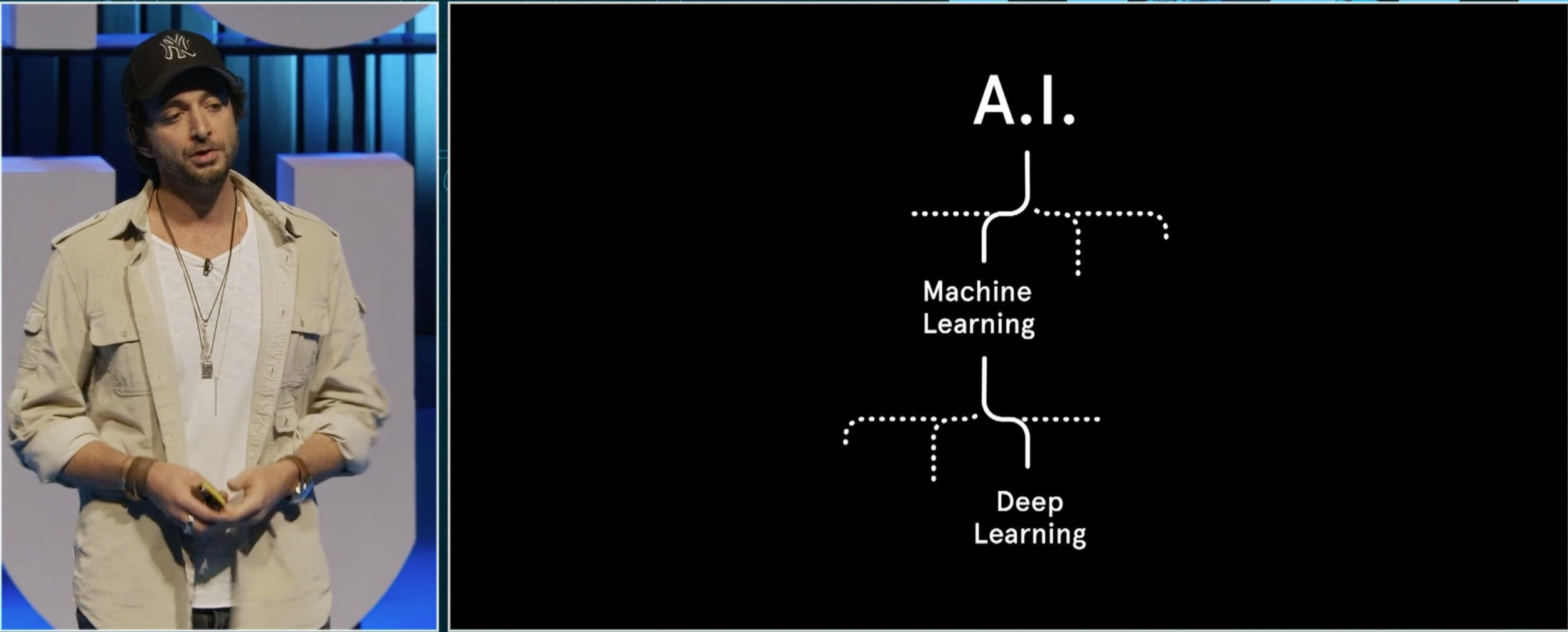The AI-powered platform creates videos using virtual characters and text. It’s primarily usedby over 60,000 customers to make videos for training, sales, and education. The startup, founded in 2017, is a milestone for the product and aims to aid Synthesia in its next phase of product expansion. A part of the its plans includes the evolving needs of users in several markets, including Japan, Australia, Europe and North America.
The technology is widely used in industries such as education, healthcare, retail, and corporate training.
“I’m excited to bring these experiences to our over 60,000 customers, which range from the world’s largest brands to thousands of small businesses that use Synthesia to communicate internally and externally with engagement and efficiency," said Victor Riparbelli, CEO and co-founder of Synthesia.
According to data provided by Dealroom, Synthesia is now the largest generative AI media company in the UK by valuation and the second largest in the overall AI category. The question now begs how it will fare against AI giants like OpenAI, Meta, and Google, all of which have launched GenAI video features in the past year.
To improve its technology and product resources, Synthesia also announced the appointment of Peter Hill as its Chief Technology Officer. He brings deep technical expertise and a proven track record from previous roles as CEO and CPO at Wildfire Studios.
Over the past year, the fast growing startup has made a series of strategic hires to its, product, engineering, and R&D teams, including the appointment of a Chief Revenue Officer and a Chief of Staff. Synthesia now employs over 400 people across its offices in London, New York, Copenhagen, Amsterdam, Zurich and Munich.
"This funding showcases the confidence investors have in British AI products, especially following our newly announced blueprint for AI, and highlights the global leadership of UK-based companies in pioneering generative AI innovations," said Peter Kyle, Science, Innovation, and Technology Secretary.
What has been the key to Synthesia’s significant growth as an AI product? We believe that the startup’s deep emphasis on research and development resources, as well as strategic partnerships with external companies, is the key reason. Another key reason for the startup’s growth is its strong commitment to ethical concerns, with many users and communities highlighting the harmful misuse of AI products.
To address these concerns, the company in December ran a content moderation test to evaluate whether the platform could flag and block generated video content that violated six of Synthesia's content policies:
The company said: “There were over 75 attempts to create harmful content. Our moderation processes consistently held up, with our automated systems and human-in-the-loop moderation teams ensuring that no violating content could reach the final stage of publishing.”
Martin Tschammer, Head of Security at Synthesia said: “While this test is a testament to Synthesia’s commitment to trustworthy AI, we also recognise the value of continuous improvement. Data and insights from this exercise will further strengthen our moderation capabilities, ensuring we stay at the forefront of responsible AI and security standards.”
This lesson from Synthesia emphasises that AI product creators must prioritise data, continuous iteration, and collaborate with security and legal teams to follow ethical best practices. This ensures that AI products are not only effective solutions to customer problems but also adhere to ethical standards.
"Many of the product problems we’re solving are the first of their kind, and we are succeeding by fostering a unique product culture across the whole business." said Anton Bondarenko, Principal Product Manager at Synthesia, "Putting emphasis on the quality of product thinking and gathering as much context as possible on the problem space as opposed to process: there’s no Jira, no scrum rituals, and no lengthy reporting."
So, what’s actually the experience like being a product manager at Synthesia? Anton explains that the team is able to work at the forefront of AI innovation in video space. This is not just about R&D scope. It’s also about the UX, packaging and GTM for a platform that changes the way content is created and consumed.
"We get full freedom to make product decisions, with a really strong support network - engineers, designers, commercial and leadership," Anton adds, "Everyone is eager to help, but we have the final call and also have full accountability for the outcomes."
Everyone that the product team works with cares deeply about our customers and product: from designers to engineers to members of the commercial org, Anton explains. "We’re organizing work to minimize anything that could slow us down: no decisions by the committee, no lengthy approvals, no useless meetings," he notes.
"Our leadership is down to earth, in the details and super approachable."
Speaking about the road ahead, Anton explains that Synthesia's goal is to help everyone harness the power of video, regardless of their previous experience, by focusing on three core directions.
How can you get started with building an AI product either from scratch or at your current company? We’ve published a bunch of great content from guest authors. You can check them out below:








